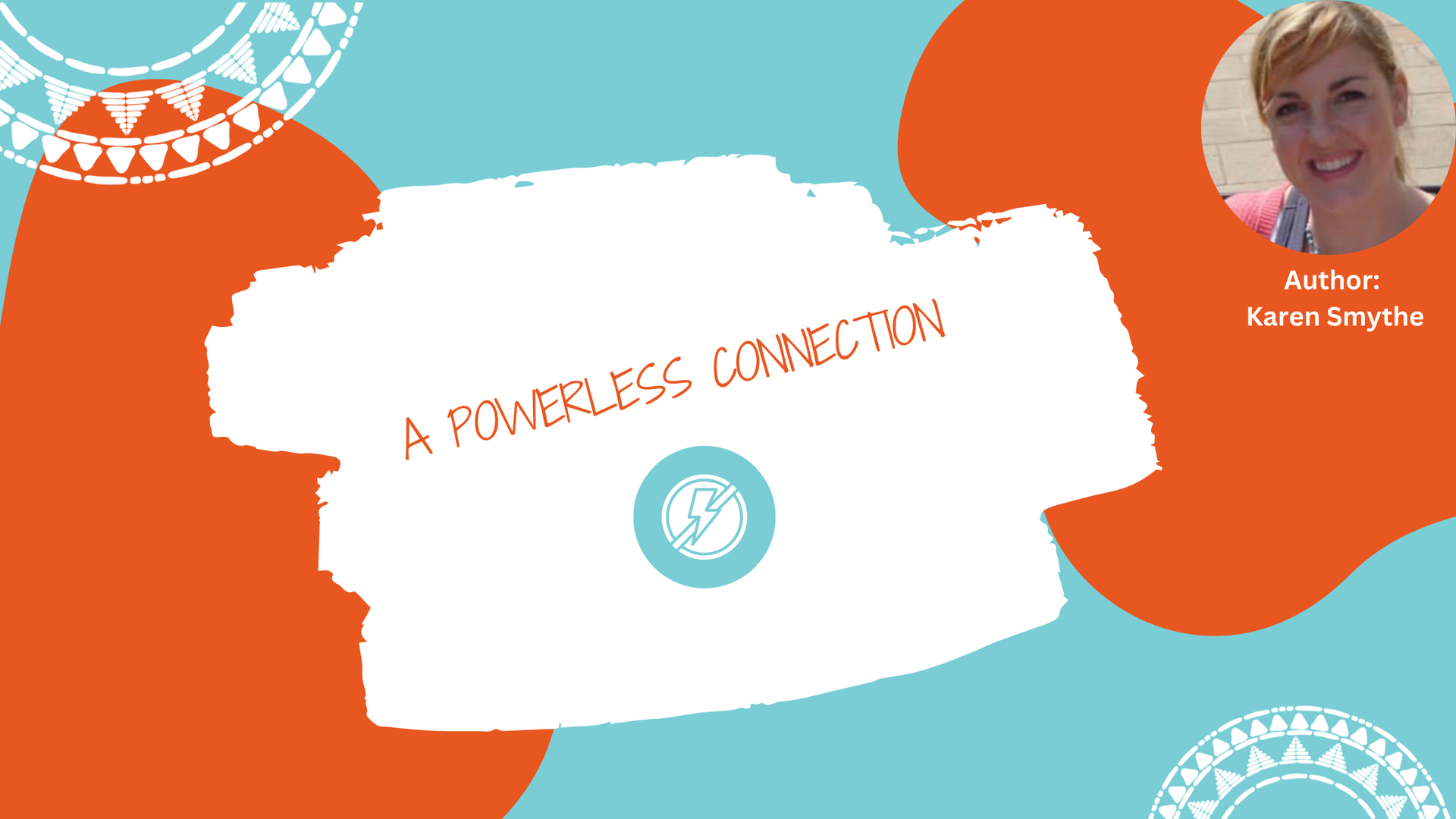There is another way to respond to charges that restorative practice is soft – and that is in the context of more serious disciplinary issues – including interpersonal conflict involving verbal or physical violence, bullying, harm to property etc.
Years of experience of peer mediation in school has shown that when two or more people fall out and engage in verbal or physical violence then punishing all involved does nothing to repair the relationships and indeed can make things worse – and harm the relationships those people may have with the adults punishing them.
Is it being soft to invite people to sit down together and, with the help of mediators, acknowledge their own role in a conflict and work together to put things right? I would suggest that it requires courage, humility, patience and creativity. It is an educational way to address problems whereas punishment may simply teach young people that when they get something wrong those with more power will make them suffer. If anything this teaches a bullying response and paves the way for authoritarian parenting in the future. It requires the mediators to learn how to listen in a non-judgmental active way and refrain from giving advice but support people to explore their own ways forward. These are not easy skills to learn. As an experience then, the process is tough to take part in and tough to facilitate.
What about more serious misdemeanors – when someone has caused harm to others or to school property through their behaviour? Punishment might be the ‘tough’ response but I would argue that it is a lazy one that is not educational. A child punished for such behaviour may learn nothing except not to get caught next time. Where on earth did we as adults learn that when a bad thing has happened the best response is to do more bad things? An eye for an eye, as it were. And let us admit that making a child suffer for their actions may well have an element of revenge in it – and that is not, or should not be, part of our professional toolbox.
The punitive response is part of the paradigm that states that when someone has done something wrong they should be punished for it. This way of thinking takes its lead from the domain of criminal justice. Schools can find themselves using witness statements, interviews and interrogation techniques to get to the bottom of what has happened. They need the evidence to prove who is responsible so that they can administer the appropriate sanction – despite the fact that there is little evidence that sanctions do in fact change behaviour.

Sanctions may suppress or prevent certain behaviours because people fear the punishment, but this can lead to behaviour moving beyond the school gate where people will not get caught or encourage children to evade capture by lying. It does not lead to people really thinking about what they have done and the impact their actions have had on others. (And in the absence of a strong commitment to relationship building in a school using activities like Circles it is possible that children really do not care about the impact of what they have done so this is a parallel pro-active activity we need to adopt alongside our restorative response.)
The hardest thing a child may be asked to do in a school is acknowledge that they have made a harmful choice, accept responsibility, sit down with those affected by their actions and work with them to put things right. The hardest thing school personnel may have to do is to sit down with a student and take some responsibility for a conflict that happened in a classroom. Maybe a teacher have to take on board for the first time that this young person was triggered by something that the teacher said, and was in fact acting out from a state of dysregulation and past trauma. The hardest thing for parents who have been invited to a restorative meeting involving their child may be to face up to the realisation that their own behaviour has somehow been influential in causing their child to act the way they did.
Restorative meetings are far from soft – they are tough for the young people involved, tough for the teachers and tough for the parents/carers.
I am not sure that the word ‘soft’ is actually useful and appropriate when it comes to talking about relational and restorative skills.
Personally, I find staying in the relational and restorative zone all the time extremely demanding. There is nothing soft about being vigilant to what people are saying, and what they may be trying to tell us with their behaviour. There is nothing soft modulating our responses in order to stay in connection with another person and move to a point where we can both work together and find mutually acceptable ways forward. There is nothing soft about being threatened by an angry or upset person and yet staying calm and empathic, doing ones best to help the other person to regulate themselves and calm down. There is nothing soft in avoiding the temptation to fight back and use the power that we could so easily assume, that has been given to us by the institution we work in, to ‘pull rank’ and use threats and reprimands ourselves.
Perhaps what I am saying is that we need to reclaim the word ‘tough’ – that to be tough in a restorative, relational way is what we aspire to. And that is tough to do!
Our Connect RP Gift is a Restorative Support Agreement aims to guide a restorative approach when harm has occurred. You can download it here.
If you are interested in developing skills to facilitate such Restorative Meetings, you can sign up to our Hybrid Saturday Course on Restorative Meetings in DWEC on 6th May here!
Our Connect RP Site Licence Schools will explore facilitating Restorative Meetings in Year 3 but if anyone from one of our Connect RP Site Licence schools fancies a face to face day on this topic they will receive a 50% discount, so get in touch
hello@connectrp.ie
if this relates to you!




